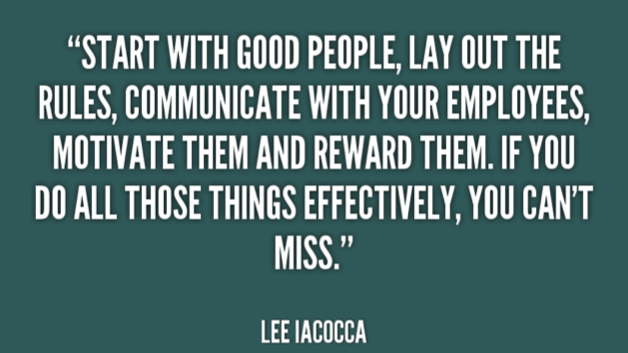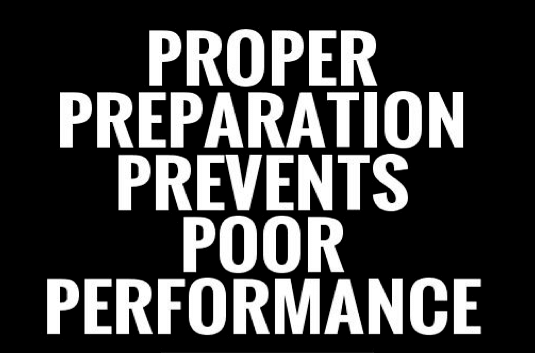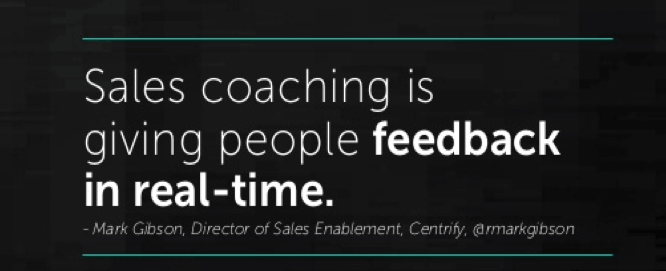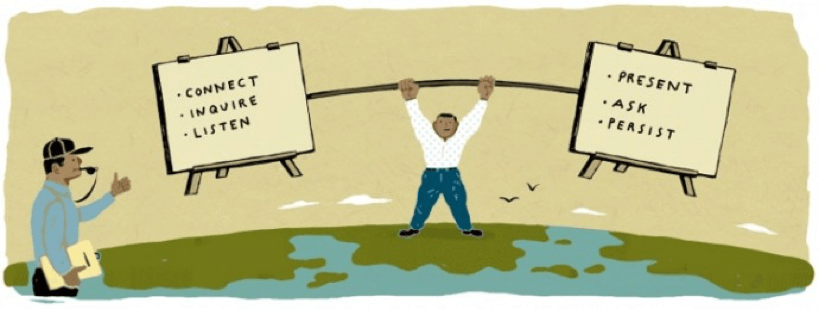
In this article, we discuss 10 benefits of sales coaching that show just how valuable sales coaching can be. Sales coaching has proven benefits to a company’s bottom line. However, many businesses are still hesitant to invest in proper sales coaching. Choosing a sales coach is a critical decision for any company. The benefits of a great sales coaching program are indispensable to the growth and culture of any organization.
Sales coaching can make a huge difference to your company’s overall performance in addition to improving the overall well-being of your sales representatives. It can even inspire them to grow and past their limits and achieve new areas of success in their lives. Below, we discuss 10 benefits of sales coaching your business can gain from effective sales coaching.
Related Reading: Sales Coaching Is A Must: What To Consider And How To Execute
1. Coaching Can Boost Revenue
Improvements in the skills of your sales force will without a doubt bring in more revenue for your organization. It would only make sense that since revenue is what keeps your company going then you would want everyone on your sales team to be squared away and firing on all cylinders. A proper training and coaching regiment will keep everyone sharp and on their toes, directly impacting sales and revenue.
2. Sales Coaching Can Improve Productivity
A steady regiment of proper and effective sales coaching can give your sales team the confidence to take care of tasks and objectives without being asked or told to. The benefits of sales coaching can give the team clear and defined steps and make them more productive by motivating them to be more efficient and effective.
3. Coaching Can Help Close Bigger Deals
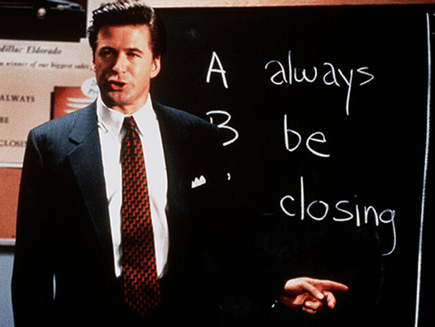 Sales coaching can help your team close deals more often or even reel in bigger fish. Your sales force becomes proficient at closing deals when sales reps hone their skills and gain the confidence to tackle more responsibilities. Coaching can help instill best practices that sales reps can fine-tune as they close more deals.
Sales coaching can help your team close deals more often or even reel in bigger fish. Your sales force becomes proficient at closing deals when sales reps hone their skills and gain the confidence to tackle more responsibilities. Coaching can help instill best practices that sales reps can fine-tune as they close more deals.
4. Coaching Can Strengthen Your Organization
Good coaches can bring the team together for a win, but great coaches turn teams into champions. The same is true for your sales team. Think of the sales coach as a beacon of morale for your sales representatives. Great sales coaching won’t just improve individual performance but can also instill a sense of comradery, unity, and teamwork within your network of sales representatives. There are a lot of moving parts involved in closing a deal. Great sales coaching can ensure that everything is running like clockwork.
5. Coaching Can Help Bring In New Clients And Appease Current Ones
While repeat business is likely essential, it could get difficult to dig your team out of a rut if you find yourself in one if you can’t bring in new clients. Great sales coaching has the added benefit of inspiring and motivating sales representatives to feel more comfortable about taking risks which can lead to big deals and clients.
Great coaching can also improve your customer service which can, in turn, appease your clients and raise awareness about your business through word-of-mouth.
6. Coaching Can Improve Employee Satisfaction
People appreciate being coached because of the comfort of having directions and clear instructions. Coaching provides sales representatives with guidelines that could potentially help them to be better at their jobs, which in turn improves satisfaction. You want your sales representatives to enjoy their jobs. Fulfillment comes through success. Effective sales coaching can improve employee satisfaction through a sense of accomplishment.
7. Sales Coaching Can Help Improve Employee Communication Skills
The benefits of sales coaching go far beyond just increased revenue. The challenges and obstacles one overcomes professionally are not unlike many of the personal challenges we face every day. Sales representatives that develop and learn from effective sales coaching learn how to think better on their feet by improving their decision-making skills. They are much more adept at recognizing opportunities and capitalizing on them which in turn can enrich their lives in more ways than just closing a deal.
8. Coaching Can Inspire Creativity
 Great coaches are masters at listening and observing, that’s no secret. A great sales coach will support the new and alternatives ideas and solutions to problems presented by sales representatives. Additionally, they will also help to fine-tune these ideas with their rigorous questioning. The benefit of having a great sales coach is that they are great springboards for adventurous ideas and will also help sales representatives to achieve these ideas with realistic goals.
Great coaches are masters at listening and observing, that’s no secret. A great sales coach will support the new and alternatives ideas and solutions to problems presented by sales representatives. Additionally, they will also help to fine-tune these ideas with their rigorous questioning. The benefit of having a great sales coach is that they are great springboards for adventurous ideas and will also help sales representatives to achieve these ideas with realistic goals.
9. Coaching Can Improve Understanding of Products and Services
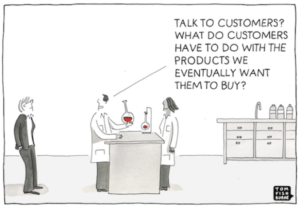 You can’t sell anything if you don’t know everything there is to know about your product or service. A good sales coach will educate sales representatives about the products and services they are selling. Sales coaches will ensure sales representatives can speak dangerously about the most important highlights of their products and services so as to help prospects understand the benefits and importance of what your organization has to offer.
You can’t sell anything if you don’t know everything there is to know about your product or service. A good sales coach will educate sales representatives about the products and services they are selling. Sales coaches will ensure sales representatives can speak dangerously about the most important highlights of their products and services so as to help prospects understand the benefits and importance of what your organization has to offer.
10. Coaching Can Help Companies Prosper Through Difficult Times
Coaching can help turn things around when a company is enduring adversity and uncertainty. Sales coaching benefits organizations of all sizes and colors. The benefits of Sales coaching include: an increase in your organization’s overall business performance, improve the quality of your product, maintain and improve the morale of your sales representatives, strengthen your employee’s resolve and commitment to the company, develop solid leaders by instilling confidence, and improve the capacity of your team to adapt to setbacks.
WATCH RELATED VIDEO: The Challenges You Face – Motivational Keynote Speaker Doug Dvorak
These 10 benefits of sales coaching are indispensable and imperative to the essence of any successful company. Sales coaching can completely overhaul business operations and transform sales representatives. Additionally, it can revitalize your team and offer new perspectives on effective selling strategies.



